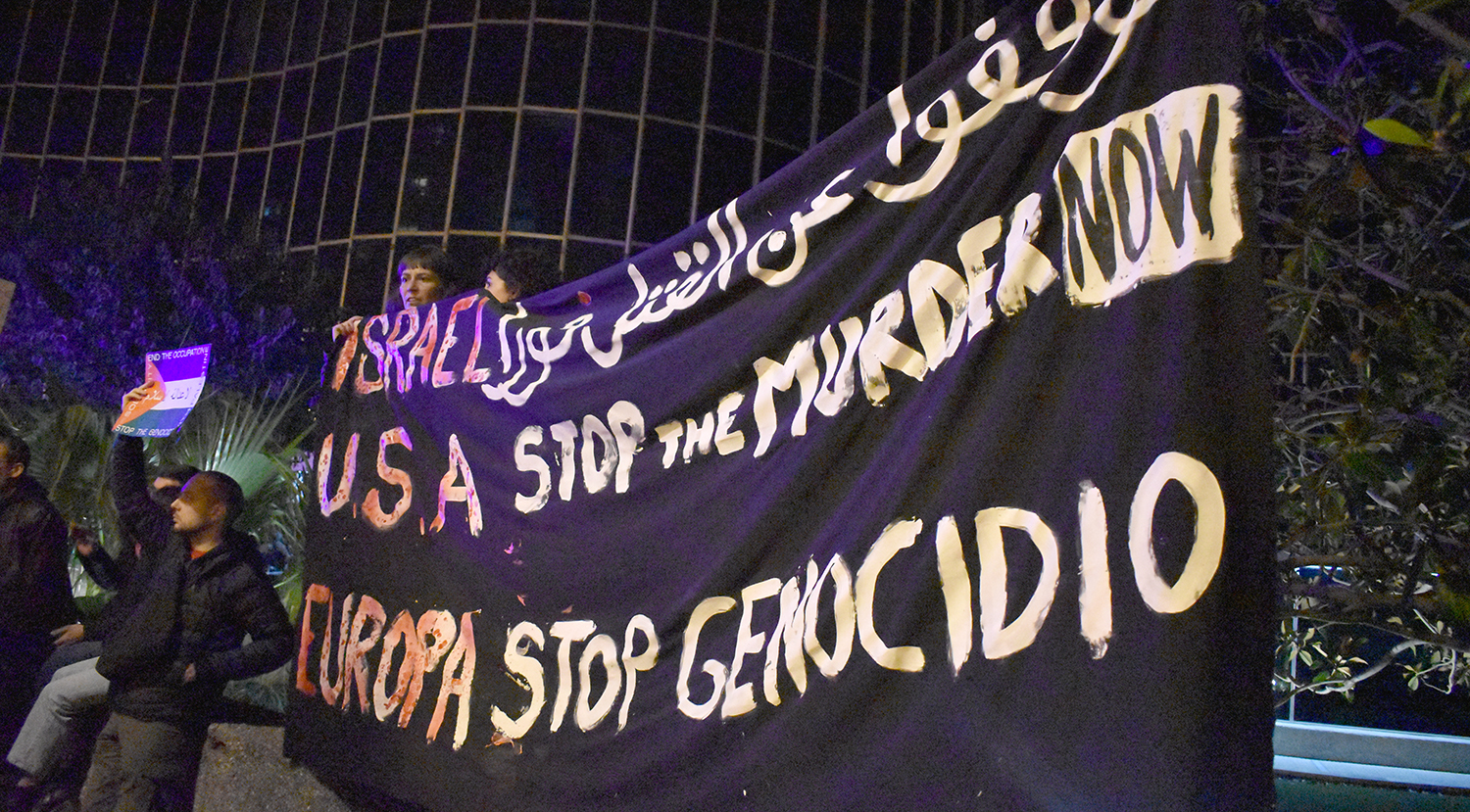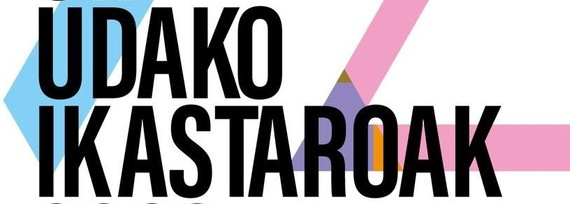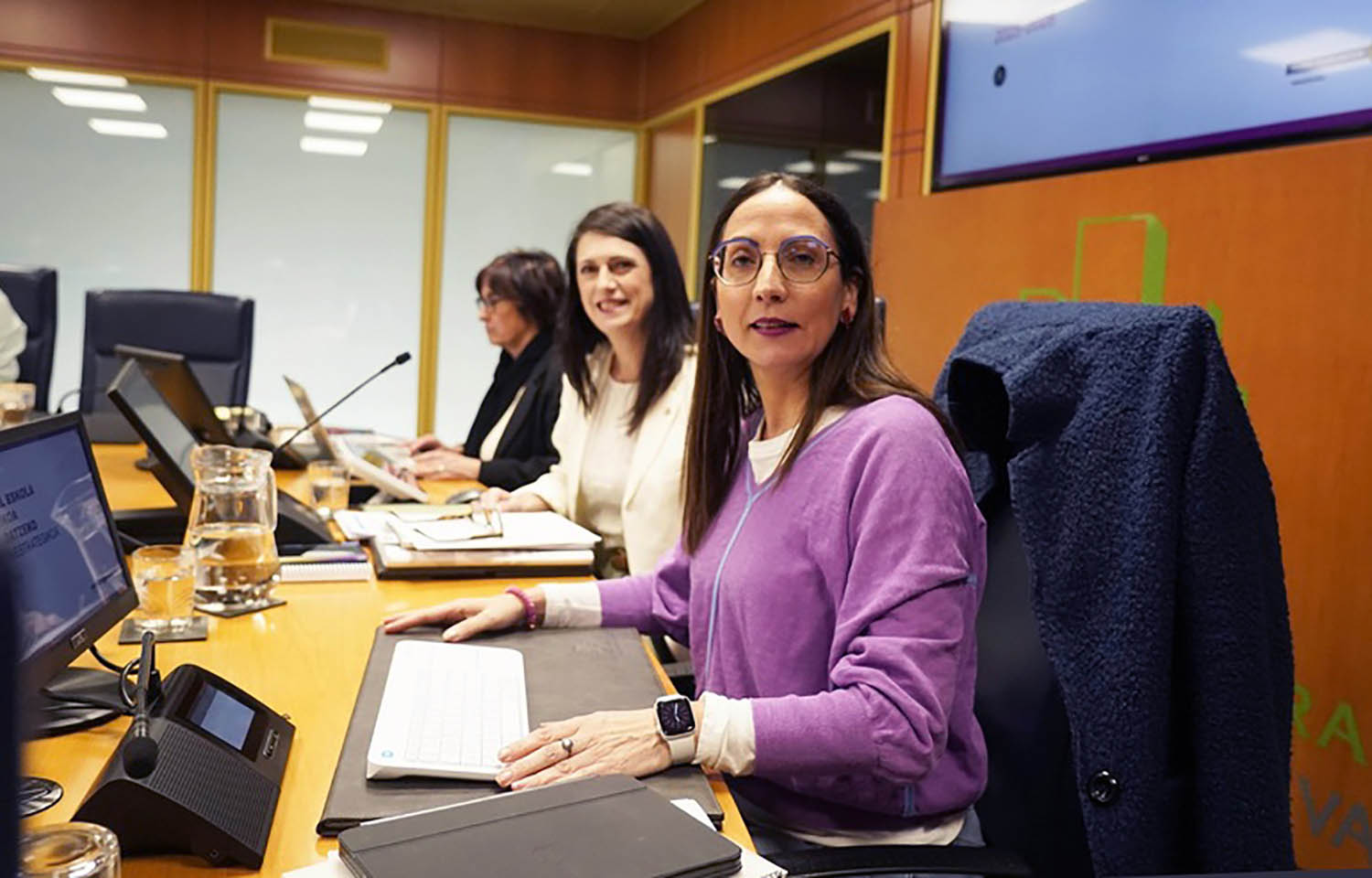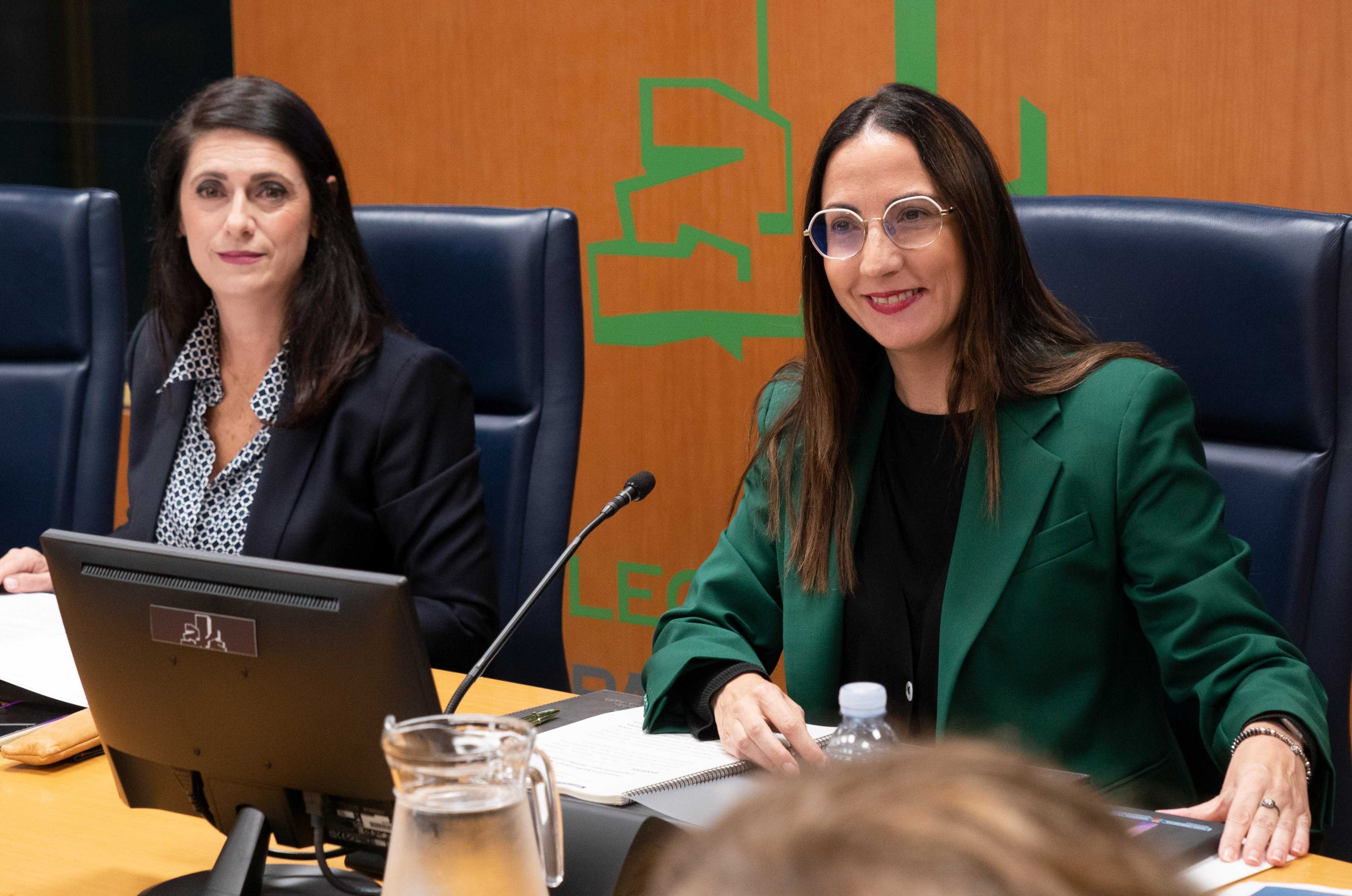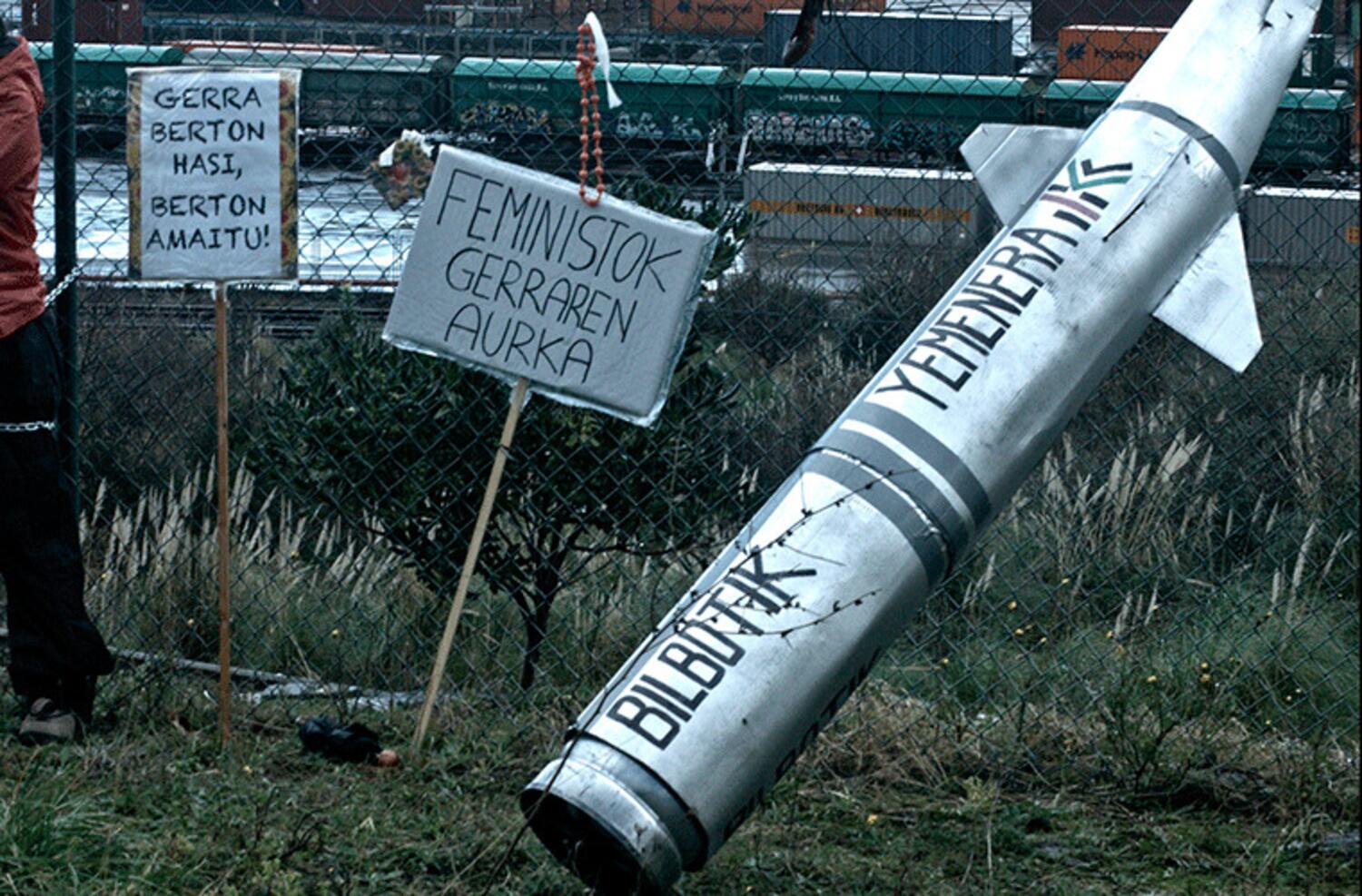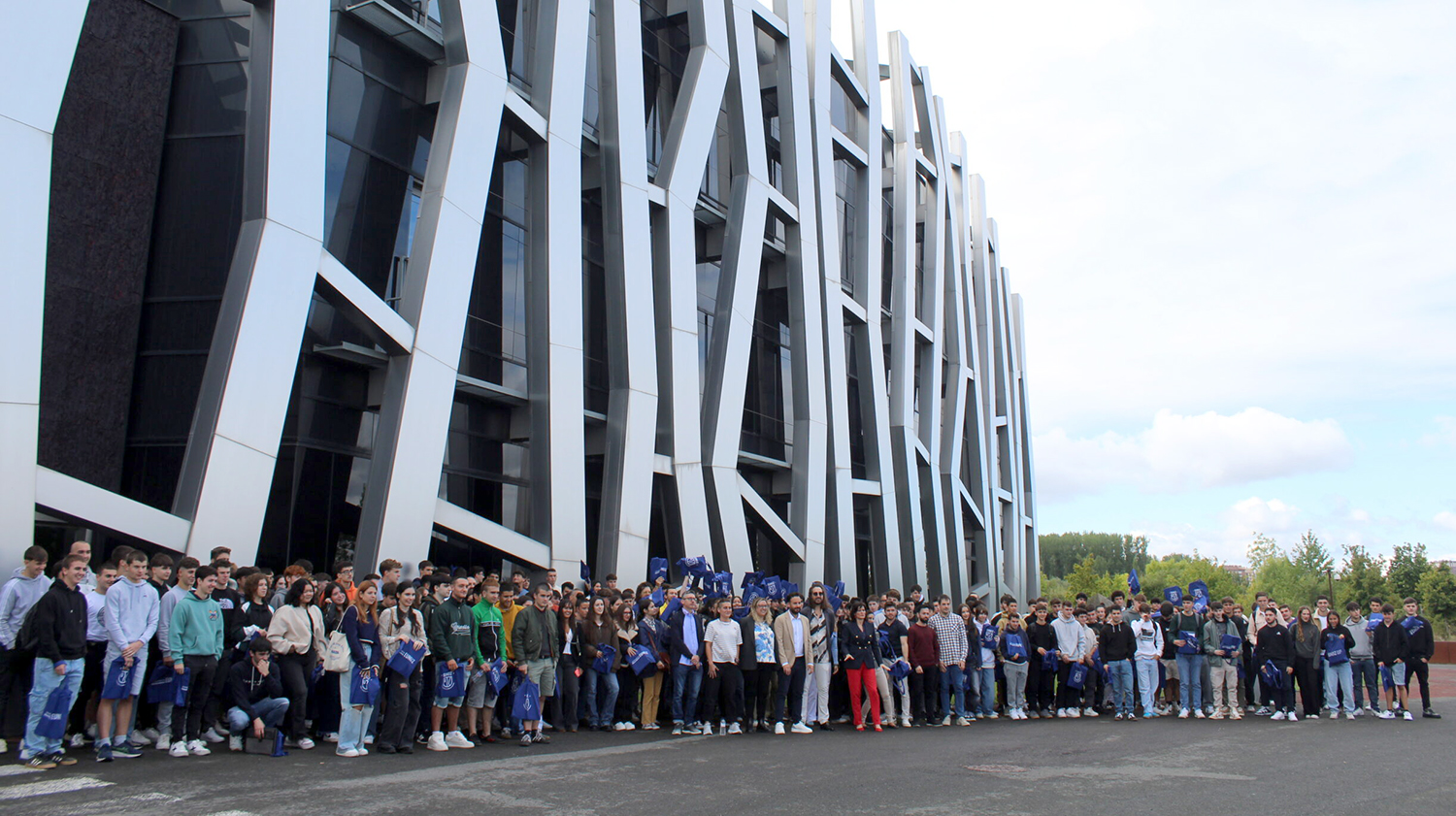Move from model A to model D the Judimendi school of Vitoria
- The Model A school will become model D in the Jewish quarter of Vitoria-Gasteiz, to offer children of Castilian families the possibility of learning Euskera and attracting Basque families. "It's a stigmatized school and we want to turn it around, we want to reclaim the character of neighborhood school, that neighbors feel that Judimendi is also a school of those."

Judimendi is a small school offering early childhood and primary education, and being model A all students are children of families of foreign origin or gypsies living in Spanish at home, since there are no Basque parents who want to register their children in model A. Sometimes, Castilian parenting fathers and mothers consider that in the Basque model they will not be able to adequately attend to their sons and daughters (they often repent for not schooling the child in Basque), and many others, once the course begins, have been sent directly to the center of model A, without giving another alternative.
For a few years the idea of moving to model D has been debated in the center, the Department of Education was also called, and they were told that the cloister could not make that decision, the information was not clear… and last year they were given the opportunity: so far she has welcomed children from the age of 3 and was asked to open the 2-year class. To open the classroom for 2 years, the center that had to implant model D “and we saw that what he dreamed became a real option, we were offered exactly what we wanted, we voted and decided to bet on the classroom for 2 years and therefore model D”, tells us Professor Olarizu Lopez de Briñas. Model D will begin at 2 years of age and, gradually, after a few years, the Basque immersion model will cover all levels.
The neighborhood is working and some Euskaldunes families are going to enroll the children in Judimendi, “they are militant families that will support the school of the neighborhood, and right now we need that to motivate other families.” In the old town of Vitoria-Gasteiz, the public school Ramón Bajo also made a change towards model D, and López de Briñas remembers the words of Amelia Barquín, the mother of the school at that time: “Don’t expect a lot of families with Euskera to sign in the first year, the change comes slowly, ‘if so’, ‘what good work they do at that school’… and gradually the favorable environment is expanding.”
According to Ramón Bajo's hope, the student profile at the center had not left and families with Euskera gradually joined the project. The key? Caring for relationships and welcoming
What did you get from Ramón Bajo's experience? “Above all, we have been told that it is possible,” says Olarizu López de Briñas. The profile of the students who were previously in the center was not marked, those who did not know Euskera did not feel marginalized and the families with Euskera gradually joined the project. The key? To take great care of relationships and welcoming, to explain each step well”.
The teacher highlighted the advantages of the Judimendi school as a small school (with a single line at different levels, small ratios and that guarantees a more personalized relationship and attention), with an intergenerational pedagogy, located in the center of the neighborhood, with the services of the nearby neighborhood, a large park next to the school and a recent transformation of the patio based on nature and co-education.
Work in the neighborhood
The school works with the Euskera Judimendi commission and with the association of neighbors Batasuna and from the beginning they have shown their willingness to collaborate, “Judimensiondi is a involved and fighting neighborhood in which the neighbors and neighbors are immersed, like the cloister of the center”.
A number of initiatives are being taken to publicize the transition process. Every Wednesday afternoon, the school's motor classroom opens as a meeting point for families from 0 to 2 years old.
This Tuesday at 18:00 a round table was organised in the school itself. Amelia Barquín and Ana García will share the experience of Ramón Bajo school, Idoia Molinuevo, Josu Ramos and Marije Kortabitarte will answer the question “what does the neighborhood ask for at school?” and Maite Berriozabal and Emaldi Cereijo will clarify “what does the school offer?”. They shall ensure the surveillance service during the meeting.
.jpg)
.jpg)
.jpg)
.jpg)
We have had to endure another attack on our language by the Department of Education of the Government of Navarre; we have been forced to make an anti-Basque change in the PAI program. In recent years, by law, new Model D schools have had to introduce the PAI program and have had... [+]
Public education teachers have the need and the right to update and improve the work agreement that has not been renewed in fifteen years. For this, we should be immersed in a real negotiation, but the reality is deplorable. In a negotiation, the agreement of all parties must be... [+]
Lehengai anitzekin papera egitea dute urteroko erronka Tolosako Lanbide Heziketako Paper Eskolako ikasleek: platano azalekin, orburuekin, lastoarekin, iratzearekin nahiz bakero zaharrekin egin dituzte probak azken urteotan. Aurtengoan, pilota eskoletan kiloka pilatzen den... [+]
Garai kuriosoak bizi ditugu eta bizi gaituzte, zinez. Hezkuntza krisian dela dioten garaiak dira eta, gutxien-gutxienean, aliritzira, ba aizue, 2.361 urte ditu gaurgero boladatxoak.
Ez zen ba debalde joan Aristoteles bere maisu maite Platonen akademiatik lizeo bat muntatzeko... [+]












